2024 has seen AI take center stage as a transformative technology. While some predictions were spot-on, others, like the impact of a cookieless world and widespread adoption of extended reality, faced delays. Looking ahead to 2025, AI will continue to shape industries, with a focus on refining its use cases and addressing challenges that have surfaced.
Key AI Trends for 2025
AI Agents Take Over Mundane Tasks
In 2025, AI agents will become more common in both enterprises and consumer use. These agents will handle tasks autonomously, learning from mistakes and making decisions. This shift will reduce the need for human intervention in repetitive processes, though humans will remain in the loop for complex decisions. Many personalized AI agents are already being created, and soon more apps and services will be powered by them.
The End of Dashboards
As AI improves data analysis, dashboards will give way to more intuitive GenAI tools. These tools will provide answers to data queries, offering insights like trendlines and predictions. This evolution will make analytics easier to understand, while also driving the need for more complex data formats that support these advanced tools.
Rise of ‘Not-So-Social’ Media
Traditional social media platforms are losing engagement. TikTok faces uncertainty, Facebook struggles with younger users, and platforms like X are seeing mass migrations. In response, new, more private, and localized social media platforms may emerge, as younger users are drawn to closed groups rather than public forums.
Breakthroughs in Computing Power
Next-gen processors from companies like Google, NVIDIA, and Apple will push computing power to new heights. With quantum chips and advanced GPUs, AI models will process information faster than ever, opening doors to solving complex global challenges. However, as computing power advances, questions about the limits of data models and AI’s ability to utilize this power will also emerge.
AI and Hardware Convergence
2025 may bring the next wave of AI-driven hardware. Early products like the Humane AI Pin failed to live up to expectations, but the lessons learned will drive companies to create AI-powered devices that solve specific problems. Expect new AI-based smartphones and laptops that may replace traditional apps and operating systems with intelligent agents.
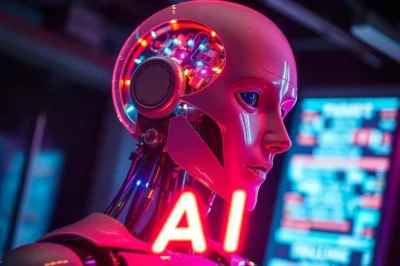






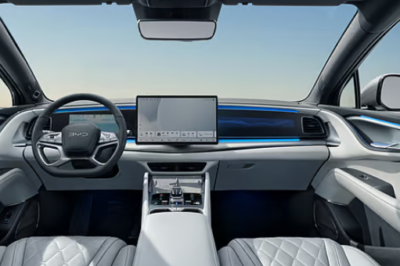

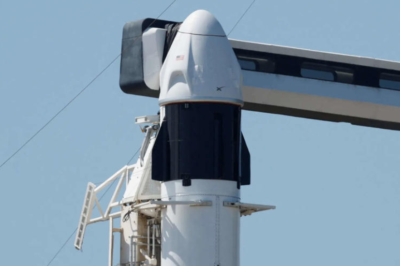

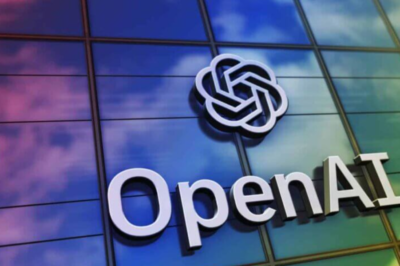

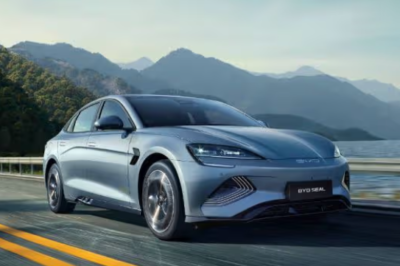
































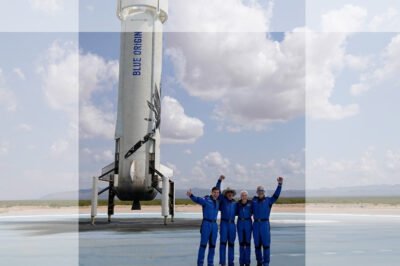


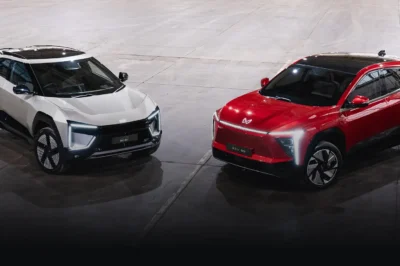
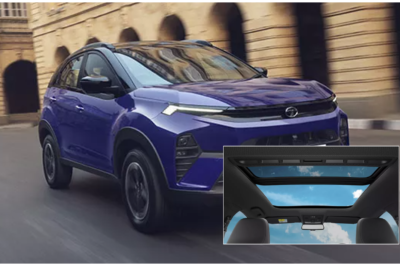









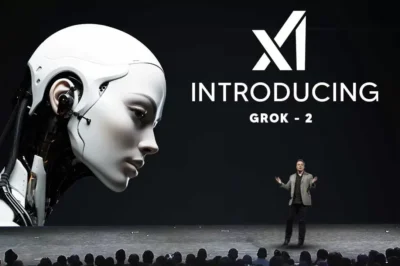


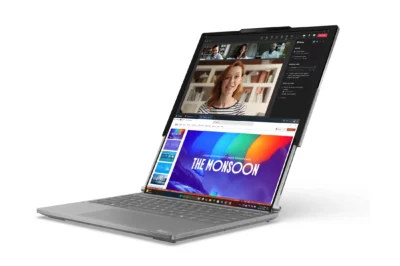



Leave a Reply